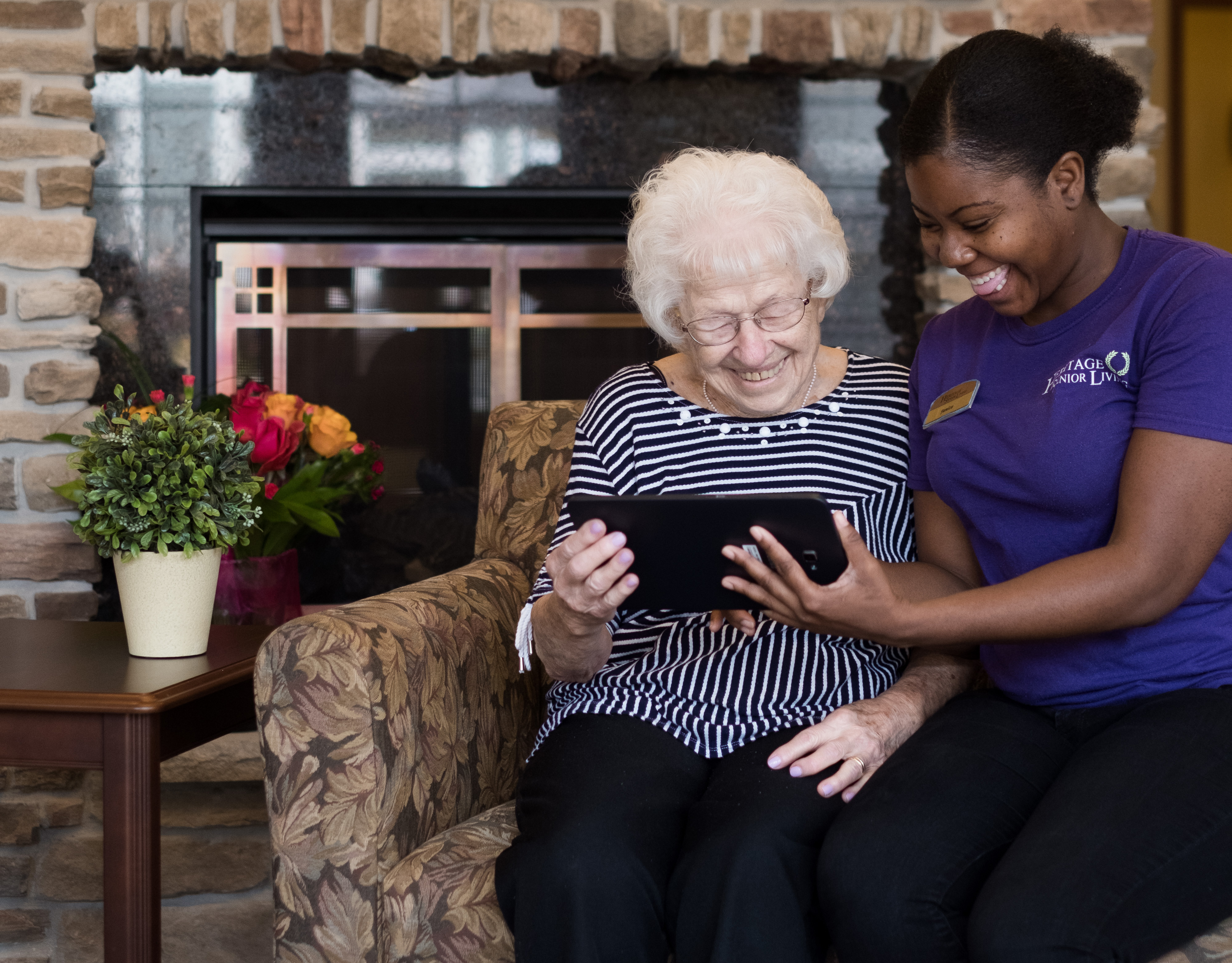That iPhone in your pocket already does too many things to count – but can it also help to diagnose and monitor dementia? A new study by Apple, Eli Lily and health tech start-up Evidation shows real promise for this new area of cognitive tracking.
Issues with Dementia Tracking
With over 6 million people living with dementia – and more being diagnosed every day – finding concrete, effective and unobtrusive ways to monitor and track cognitive impairment is more important than ever. Typical testing can be lengthy and require highly specialized clinical know-how. And while dementia tracking “games” are promising, they have their limitations, requiring time and regular use to properly show patterns and deviations.
The Study
This new early-stage study explored whether passive data gathered from our smart devices is a feasible way to monitor impairment in the real world. The study used data from 119 participants – 84 healthy and 35 with various levels of cognitive decline. Participants were given three devices: an iPhone, Apple Watch and iPad Pro, along with a sleep monitoring device and health monitoring apps.
They were asked to use their devices normally, along with completing simple daily surveys and bi-weekly activities.
Results
The study found clear differences between those with cognitive impairment and those without. Those with impairment typed more slowly and less regularly, sent and received fewer text messages, relied more on helper apps (like the Clock and Siri app suggestions), and were less likely to answer the daily one-question survey.
More studies are needed – with more participants and a longer research period – but these results show that passive monitoring could be a great next step in dementia management, especially in terms of monitoring symptoms, detecting individuals who are at risk and testing the effectiveness of certain therapies.



